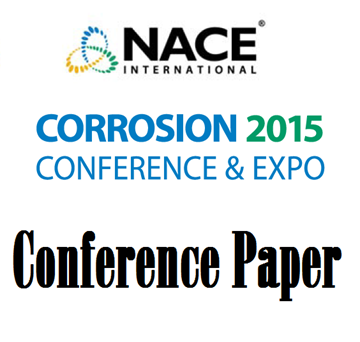Search
10154 Study of the Boiler Water Quality in Chemical Plants Using the Electrochemical Noise Method
Also Purchased
51312-01327-The Impact of Circulation and Water Treatment Chemistry on Boiler Tube Failures
Product Number:
51312-01327-SG
ISBN:
01327 2012 CP
Publication Date:
2012
$20.00
08436 Boiler Tube Failures and Integrity Assessment
Product Number:
51300-08436-SG
ISBN:
08436 2008 CP
Publication Date:
2008
$20.00
Recovery Boiler Tube Failure by Mechanisms of Stress-Assisted Corrosion and Phosphate Hideout
Product Number:
51315-6059-SG
ISBN:
6059 2015 CP
Publication Date:
2015
$20.00




